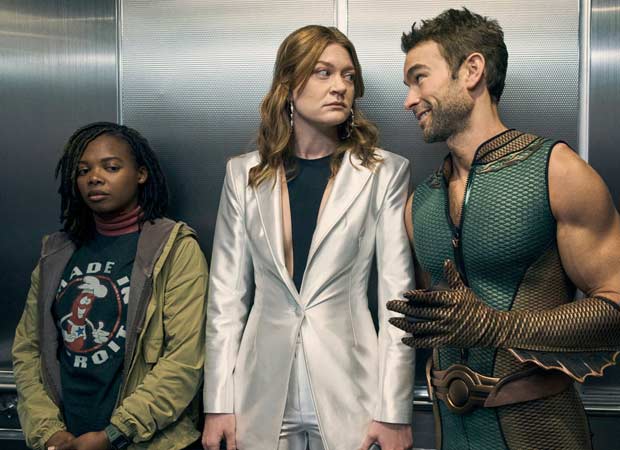With companies scratching and clawing to attract young workers, some of them are barking up a different tree and embracing perks like “pawternity leave.” Yes, bad puns aside, more local businesses are offering pet benefits. Joining me now to talk more about this, and other local business stories, is Tony Mecia of the Charlotte Ledger Business Newsletter for our segment BizWorthy.
Marshall Terry: OK. So Tony, what kind of benefits are we talking about? How many companies are offering them, and what’s the cost here?
Tony Mecia: We’re talking things like pet health insurance, as you mentioned, the ‘pawternity’ policies. If you get a new furry friend coming home, maybe you take a couple days off. And then also pet bereavement leave. This is something that’s, that’s really growing here, you know, locally and around the country.
You know, the most popular benefit seems to be the pet insurance. There was a survey couple years ago that showed about one-third of employers with 500 or more employees offer pet insurance. There was a local survey a couple of years ago by Catapult Employers Association that showed it was about 9% of companies locally.
It does cost money to workers. Mecklenburg County offers pet insurance — about 300 of its workers take them up on it. That costs between $20 and $38 a month for coverage of 50% of the vet bill, or $33 to $64 a month to cover 90% of the vet bill.
Terry: So why are these benefits growing now?
Mecia: Well, it’s really to try to appeal to a younger workforce. You know, we see dogs out at breweries, we see them in parks, all over the place. You know, it’s probably no secret younger folks are putting off having kids. In many cases, these pets are like members of the family. It’s seen as a way to recruit and retain workers. So it’s really, I guess, Marshall, you could say a case of the tail wagging the dog.
Terry: All right. Well, moving from pets to the Panthers. You wrote about economists casting doubt on the supposed economic benefits of investing $650 million in public money into Bank of America Stadium. But the local tourism industry is pushing back, saying those economists don’t know what they’re talking about. Who’s right here?
Mecia: Marshall, I think they both have good points. Economists tend to be skeptical of the economic benefits of sports stadiums, saying that, in many cases, it’s just sort of shifting money around that people are spending.
But leaders in the hospitality industry locally are saying, ‘Hey, look, our hotels fill up when there’s a big event at the stadium, the restaurants fill up.’ And they’re saying economists don’t talk to regular businesses, and if they would come out and see all these people spending money, they would have a greater appreciation for it.
So I think it’s really both of them have a point.
Terry: Finally, the new airport overlook opened this past weekend at Charlotte Douglas, and there were lines of cars waiting just to get into the parking lot. So, watching planes take off and land is some people’s idea of fun?
Mecia: It is a lot of people like this. There are all kinds of Facebook groups, online forums for people to exchange notes about the kinds of planes taking off and landing, sharing photos. This airport overlook is off of Old Dowd Road. It’s sort of near the old overlook. It’s on the north side of the airport. It has picnic tables, restrooms. It has a bike rack. It’s free, of course. It’s a free entertainment, I guess. And just to sort of close the loop, Marshall, pets are welcome.
Support for WFAE’s BizWorthy comes from The Original Mattress Factory and our listeners.





